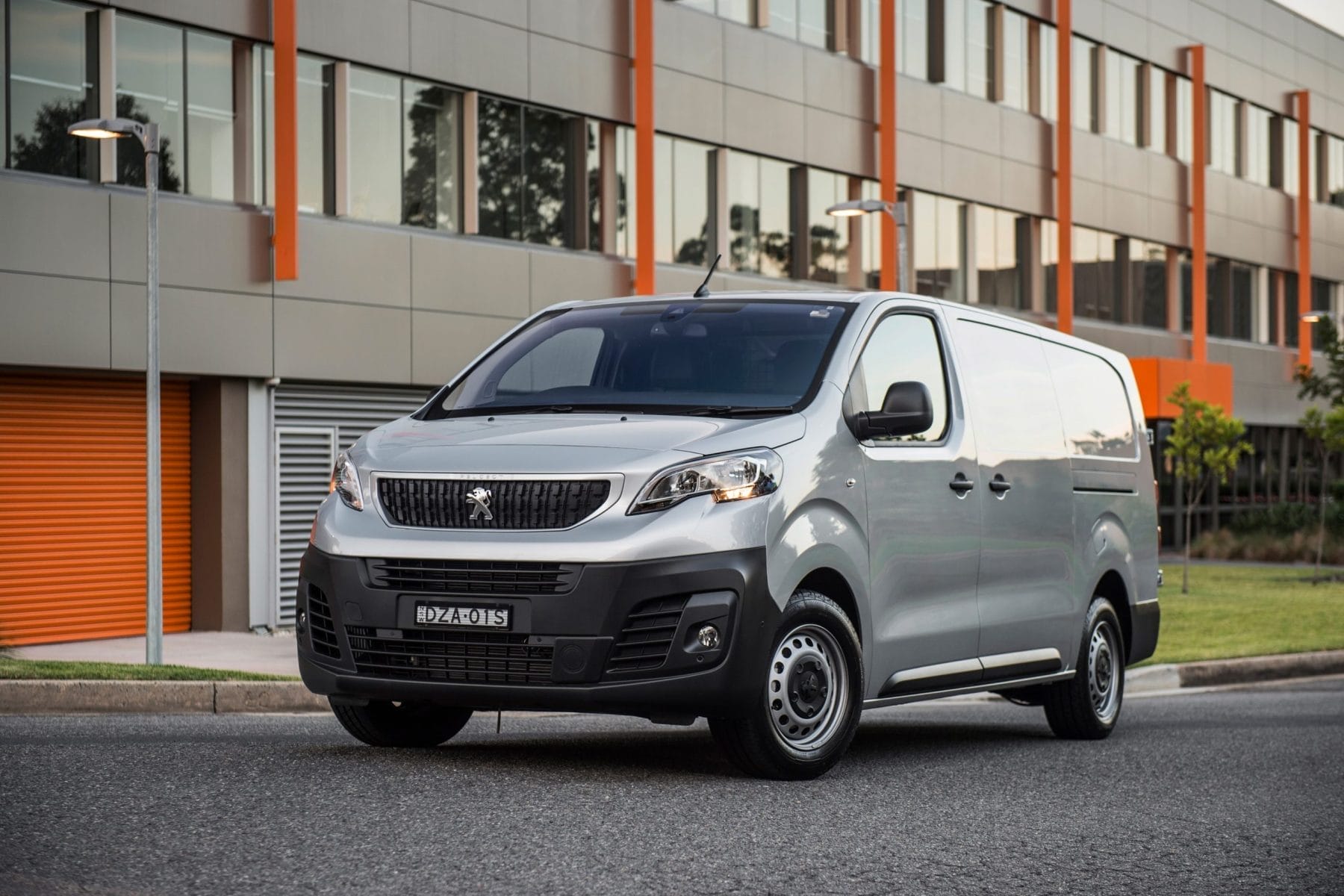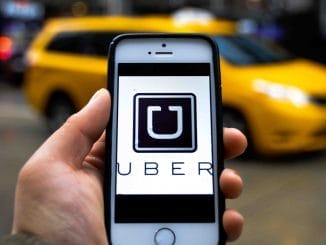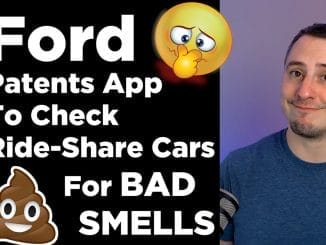Delivery and rideshare drivers are a growing field of professionals who require insurance coverage tailored to their unique needs. Unlike regular personal auto insurance policies, these drivers face additional risks on the road due to the nature of their work.
From accidents caused by distracted driving to possible damage to the customer’s property, delivery and rideshare drivers must be adequately prepared for the unexpected.
Factors such as the number of miles driven, the driver’s history of accidents, and the frequency of driving during peak traffic hours all play a role in determining the insurance premium. The type of vehicle driven and the coverage limits chosen also impact the cost of insurance. For example, a clean driving record and a vehicle equipped with collision coverage may result in lower premiums.
Furthermore, certain cheap car insurance companies offer special discounts for delivery and rideshare drivers, as well as for students who maintain good grades. Considering these factors can help drivers find the cheapest car insurance company that suits their needs and ensures sufficient coverage for both themselves and their customers.
The Risks Faced by Delivery and Rideshare Drivers on the Road
When it comes to the risks faced by delivery and rideshare drivers on the road, it is essential to consider various factors that can impact their safety and financial well-being. One of the primary concerns is finding the cheapest option for car insurance.
While many drivers may be looking for cheap car insurance, it is crucial to remember that the cheapest auto insurance may not always provide the necessary coverage in the event of an accident or injury.
Insurance companies take multiple factors into consideration when determining the cost of an auto insurance policy. These factors include your driving record, ZIP code, age, and even credit score.
While these may seem unrelated to your driving abilities, they can significantly affect your premium rates. For example, senior drivers may face higher rates due to statistical evidence suggesting an increased risk of accidents.
Factors like a low credit score or living in an area with a high crime rate can also lead to higher premiums than the national average. Therefore, it’s essential to take these factors into account when seeking the cheapest rates and comparing quotes from different insurance companies.
Key Differences Between Personal Auto Insurance and Commercial Auto Insurance
Personal auto insurance and commercial auto insurance differ in several key aspects. One significant difference is the affordability of insurance rates. Personal auto insurance often offers cheaper car insurance rates compared to commercial auto insurance.
Insurance companies typically consider personal vehicles to be lower risks, resulting in lower rates for drivers who use them for personal use. In contrast, commercial auto insurance tends to have higher insurance quotes due to the increased risks associated with business use, such as frequent driving and transporting goods.
Another distinction lies in how driving habits influence insurance rates. Personal auto insurance premiums are often based on individual driving records and behaviors. Safe drivers with a good driving history can usually secure a lower monthly rate. On the other hand, commercial auto insurance considers the driving habits of multiple motorists under an organization.
Insurance providers, like Quadrant Information Services, assess the risk associated with the driving habits of all employees who operate commercial vehicles. Any incidents or accidents caused by employees can impact the overall rates of the organization.
Credit history can also play a role in the cost of insurance. Personal auto insurance companies take credit history into account when determining insurance rates. It is believed that individuals with good credit are more likely to be responsible on the road.
In comparison, commercial auto insurance does not heavily consider credit history, as it primarily focuses on the business and the vehicles used. The emphasis is placed on the company’s financial stability and the overall risk associated with operating commercial vehicles.
Understanding the key differences between personal auto insurance and commercial auto insurance is crucial for individuals in the delivery and rideshare industries. While personal auto insurance may offer cheaper rates, it may not provide the necessary coverage for business-related activities.
Exploring the coverage options provided by insurance products specifically designed for delivery and rideshare drivers is essential to ensure adequate financial protection on the road. This includes researching affordable auto insurance policies from reputable auto insurance companies that cater to the unique needs of this industry.
Exploring the Coverage Options for Delivery and Rideshare Drivers
With the rising popularity of delivery and rideshare services, it’s important for drivers in these industries to understand their insurance options. When it comes to coverage for delivery and rideshare drivers, there are several factors that can influence the type of insurance they need, as well as the cost of their premiums.
One of the key considerations for insurance costs is credit-based insurance scores. Insurance companies often take into account an individual’s credit history when determining their rates. Drivers with a good credit scores may be more likely to qualify for affordable car insurance rates, while those with poor credit may face higher premiums. It’s important for delivery and rideshare drivers to be aware of this factor and to take steps to improve their credit if necessary.
In addition to credit-based insurance scores, the type of coverage drivers choose can also impact their insurance costs. Personal injury protection, also known as PIP, is an important coverage option for delivery and rideshare drivers. PIP helps cover medical expenses and lost wages in the event of an accident. Drivers should also consider safety features on their vehicles, as these can help reduce the risk of accidents and may lead to lower insurance premiums.
When exploring coverage options, it’s important for delivery and rideshare drivers to consider the types of drivers they are classified as. For example, a high-risk driver with a history of accidents or traffic violations may face higher insurance rates compared to a driver with a clean record. Additionally, factors such as the number of vehicles insured under a policy, multi-car discounts, and the inclusion of a teen driver can all impact insurance costs.
Understanding the different types of coverage available is essential for delivery and rideshare drivers. While many drivers may opt for a minimum coverage policy to save on costs, it’s important to carefully evaluate the potential risks involved in the industry. Progressive provides comprehensive auto policies that cater specifically to delivery and rideshare drivers, offering coverage for damage to their own vehicle, as well as liability coverage for injuries or damages caused to others. By assessing their individual driving profile and considering all available options, delivery and rideshare drivers can make informed decisions that protect both themselves and their passengers while also ensuring they have the necessary coverage at an affordable rate.
Factors That Influence Commercial Auto Insurance Premiums
Factors such as policy discounts, poor credit scores, and the average cost of insurance can all influence commercial auto insurance premiums. Insurance companies offer a range of discounts to incentivize drivers to adopt safe driving practices and reduce their risk on the road.
These discounts can include safe driver discounts for maintaining a clean record, as well as usage-based insurance policies that track driving behavior and reward safer drivers with lower premiums. Insurance companies like the Insurance Navy Brokers take into account a driver’s credit score when determining rates, as poor credit scores are often correlated with a higher likelihood of submitting claims.
When looking for affordable car insurance, it is important for delivery and rideshare drivers to compare quotes and policies to find the best fit for their needs. Shopping around for cheap car insurance quotes allows drivers to weigh the benefits of various coverage options and find the most affordable insurance policy.
Gap insurance, for example, covers the difference between the actual cash value of a vehicle and the amount owed on a car loan when the vehicle is totaled. Including this type of coverage in an insurance policy can provide drivers with peace of mind and ensure they are adequately protected.
Ultimately, by considering these factors and exploring different insurance options, drivers can find affordable auto insurance rates that offer the necessary coverage without breaking the bank.
Conclusion
Commercial auto insurance is not just a requirement but a vital safeguard for delivery and rideshare drivers. It offers the peace of mind and protection necessary to navigate the unpredictable roads of the modern gig economy.
By securing the right coverage, drivers can focus on their work knowing they have the support they need in case of unforeseen accidents or incidents. So, whether you’re delivering packages or providing rides, investing in commercial auto insurance is a prudent step towards a safer and more secure driving experience.





